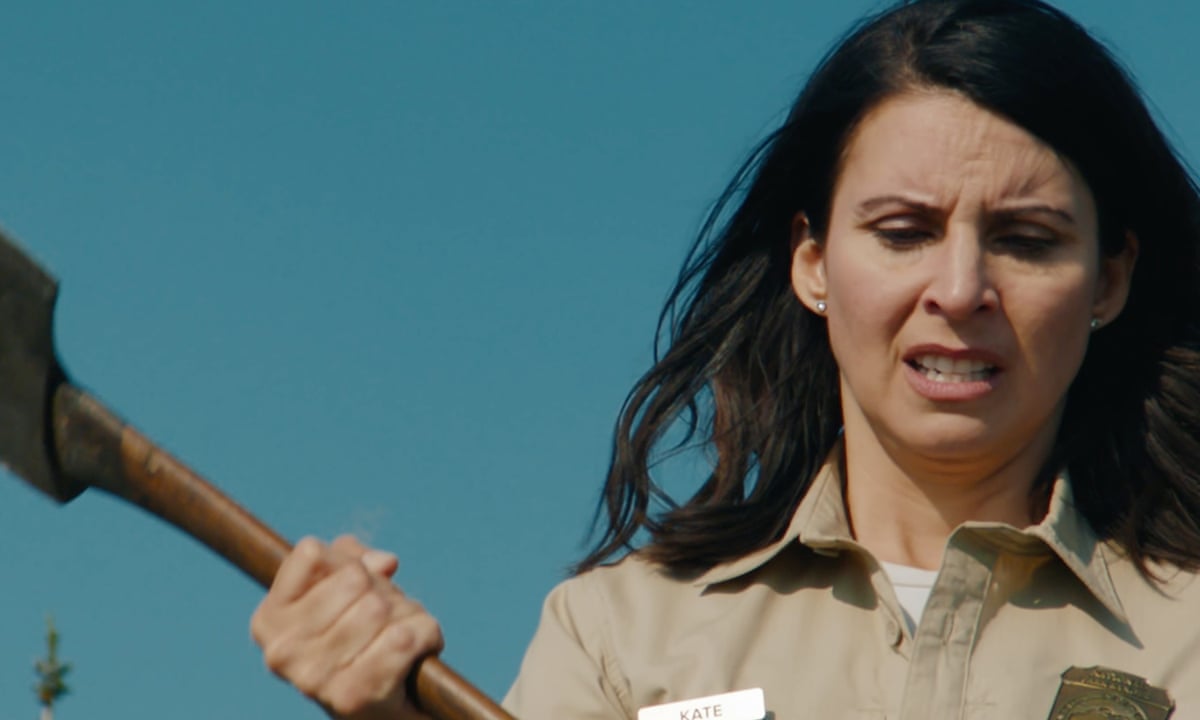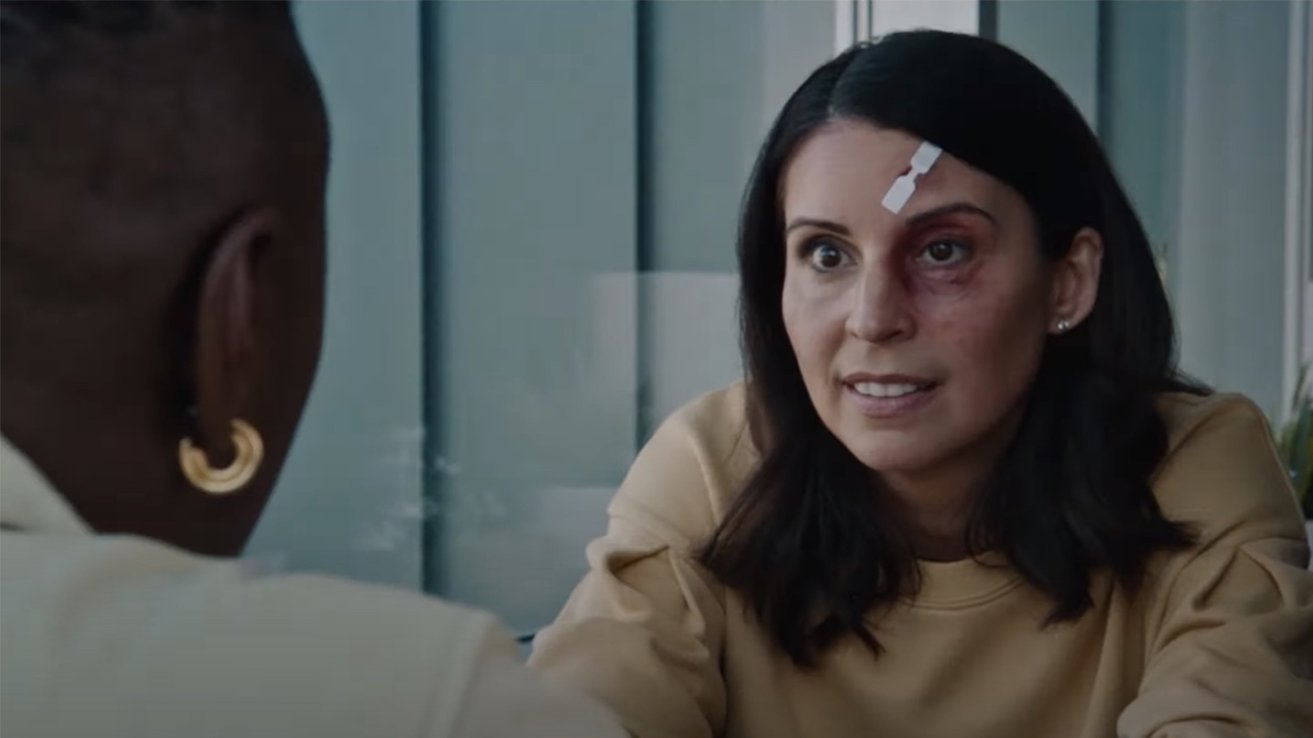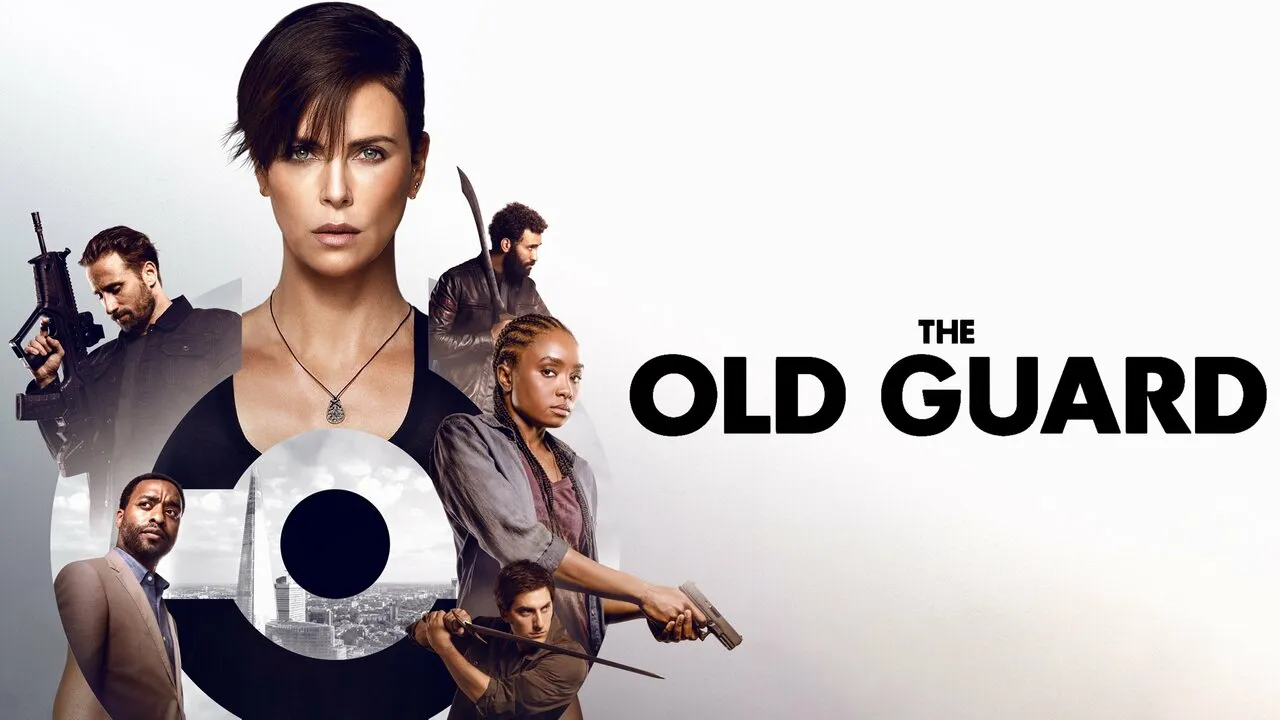The Last Outpost – A Forgotten Frontier War Drama with Divided Loyalties
The Last Outpost is a lesser-known 1951 Western war drama that blends themes of divided loyalty, brotherhood, and the chaos of the American Civil War. Directed by Lewis R. Foster and starring Ronald Reagan and Rhonda Fleming, the film takes viewers to the turbulent frontier territories where the Union and Confederacy are not only battling each other—but also grappling with Native American alliances and personal betrayals. While not as famous as other Westerns of its era, The Last Outpost offers an intriguing look at loyalty under fire and the complexities of war beyond the battlefield.
The story centers around Vance Britton (Ronald Reagan), a Confederate officer operating in the Arizona Territory. Using guerrilla tactics, he attempts to secure the loyalty of Native American tribes to support the Southern cause. Meanwhile, his brother, Jesse Britton, is a Union officer tasked with defeating him. The two siblings find themselves on opposite sides of the war, both emotionally and ideologically, setting up a personal conflict that underscores the film's central tension: how loyalty to family, country, and duty can collide in times of civil war.

Complicating matters is Julie McQuade (Rhonda Fleming), a beautiful and strong-willed woman caught between the two brothers, both emotionally and politically. Her presence adds romantic tension and represents the civilian perspective of those swept up in war’s destruction. The dynamic between Reagan’s war-weary Confederate and Fleming’s morally torn Julie provides some of the film’s more dramatic moments.
One of the notable aspects of The Last Outpost is its focus on Native American involvement in the Civil War era. The film portrays Apache warriors as key players in the territorial struggle, with shifting allegiances based on how they are treated by both Union and Confederate forces. Though limited by the stereotypes and cinematic conventions of its time, the film attempts to show how indigenous people were used—and often betrayed—by both sides during the conflict.

Ronald Reagan delivers a surprisingly nuanced performance as Vance Britton, portraying a man driven more by survival and honor than blind ideology. His Vance is not the typical villainous Confederate officer, but a complex figure torn between his mission and the personal cost of fighting against his own brother. The theme of brother-versus-brother is used effectively here, mirroring the national divide of the Civil War itself.
Visually, The Last Outpost takes advantage of its Arizona setting, featuring rugged desert landscapes, canyons, and frontier forts that add authenticity to the film’s atmosphere. The action sequences, while modest by modern standards, are well-paced and include cavalry charges, ambushes, and tense standoffs.

In conclusion, The Last Outpost may not be a classic in the Western canon, but it’s an earnest and occasionally thoughtful film that explores the emotional toll of civil conflict and the blurry lines between friend and foe. With its strong central performance from Reagan, romantic subplots, and frontier intrigue, it offers a snapshot of mid-20th-century Hollywood’s approach to war, loyalty, and the American West. For fans of vintage Westerns or Civil War dramas, it’s a film worth revisiting for its moral complexity and unique perspective on divided America.

